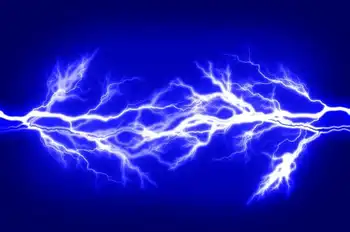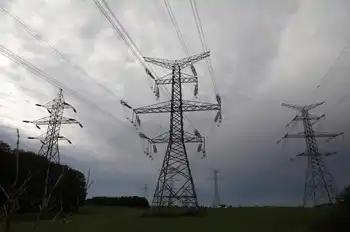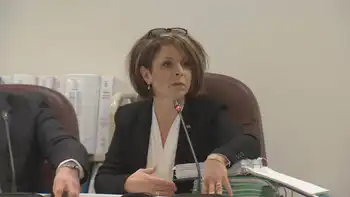Texas Power Provider Sues Grid Operator and Electric Firms
- Texas Commercial Energy, a Plano-based electricity provider that sought bankruptcy protection in March, sued the state's electricity grid operator and four large electric companies recently.
The lawsuit alleges that they manipulated the market and fraudulently inflated wholesale electricity costs.
TCE, which serves business customers across the state, filed for Chapter 11 on March 6, a week after a winter storm sent wholesale electricity prices soaring. TCE executives have charged that several companies have been engaging in improper activities to reap profits from inflated prices.
"We actually believe that the manipulative activities began occurring in January, and are still continuing today," TCE president and chief executive Michael Shirley said in an interview.
The lawsuit, filed in federal district court in Corpus Christi, charges that units of TXU Corp., Reliant Resources Inc., American Electric Power Co. and Mirant Corp. manipulated the market and hurt TCE.
It also names the Electric Reliability Council of Texas, which operates the state's electricity grid, and the Automated Power Exchange, a California company that operates in Texas.
Dallas-based TXU denied the allegations.
"The TCE lawsuit is simply an example of a company trying to get others to pay for its own mistakes," said TXU spokesman Chris Schein. The company chose to expose itself to a volatile spot market, he said, "and simply guessed wrong when prices went against it."
TCE is claiming at least $500 million in damages from the alleged market abuse. But the full amount -- perhaps $1 billion or more -- won't be known until an investigation has been completed, Mr. Shirley said.
TCE recorded $70 million in revenue in 2002. The company said it was a "profitable and competitive" electricity provider before the bankruptcy filing, on track to record about $225 million for 2003.
State officials have attributed the company's problems to its heavy reliance on the state's spot market for electricity, in which power is traded over an ERCOT computer system to meet last-minute demands on the system.
About 95 percent of electricity sent through the state's power grid is generally provided through contracts between electricity generators and retailers. Less than 5 percent comes from the spot market.
TCE had been buying the majority of its electricity over the spot market, which left the company exposed to rapid fluctuations in power prices.
During the ice storm in late February, higher-than-expected electricity demand and curtailments in natural gas service to power plants sent power prices on the ERCOT spot market from about $50 per megawatt hour to $990 per megawatt hour, or $10 shy of the cap.
The PUC has been investigating the bidding behavior to determine whether any companies violated market rules.
TCE said that the price spikes led two lenders to withdraw plans to offer a $35 million credit line and forced it into bankruptcy court. The company alleges other cases of manipulation after the February storm.
After the Chapter 11 filing, TCE was forced to cut its electricity load by 80 percent because of ERCOT requirements.
It shed about 670 of its 1,700 customers, and has since re-signed 100 of those.
The company named ERCOT in its lawsuit for its role in dealing with market manipulation, Mr. Shirley said.
ERCOT, the grid operator, is reviewing the lawsuit but could not immediately comment, a spokeswoman said.
Related News

Big prizes awarded to European electricity prediction specialists
LONDON - Three European prediction specialists have won prizes worth €2 million for developing the most accurate predictions of electricity flow through a grid
The three winners of the Big Data Technologies Horizon Prize received their awards at a ceremony on 12th November in Austria.
The first prize of €1.2 million went to Professor José Vilar from Spain, while Belgians Sofie Verrewaere and Yann-Aël Le Borgne came in joint second place and won €400,000 each.
The challenge was open to individuals groups and organisations from countries taking part in the EU’s research and innovation programme, Horizon 2020.
Carlos Moedas, Commissioner for Research, Science and…




